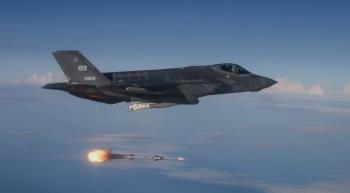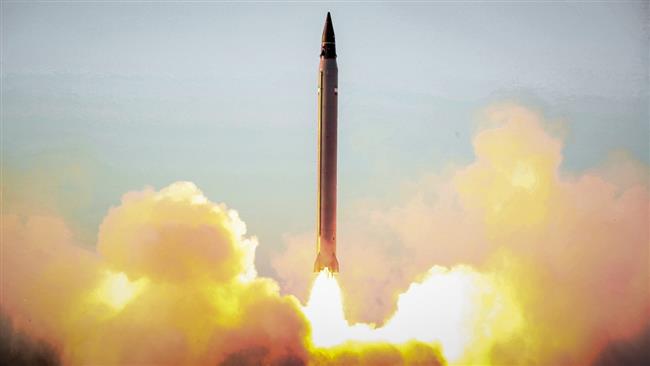Alwaght-Russia has reiterated that t Iran's recent ballistic missile tests “don’t violate a United Nations Security Council resolution” in any way.
The head of the ministry’s Department for Nuclear Non-Proliferation and Weapons Control, Mikhail Ulyanov, told the Interfax news agency that no country has provided evidence that the missiles Iran is testing are designed to carry a nuclear warhead. The senior Russian diplomat added that, "We do not think these launches violate Resolution 2231, because the resolution does not ban the tests."
“As stated by the Iranians, the missiles they test are incapable of carrying nuclear warheads. No one has yet provided any evidence that this is untrue,” Ulyanov said. "So the question emerges, what violations we are talking about? No violations whatsoever."
A Security Council resolution, adopted after the Iran nuclear deal was signed last year, calls for Iran not to launch any ballistic missiles capable of delivering a nuclear weapon. Ulyanov stressed that the resolution only contains a “call to refrain not from any ballistic missile tests, but exclusively from the tests of the missiles designed to carry nuclear warheads.
Ulyanov remarks on Wednesday come as the United States and some of its European allies are seeking a meeting at the United Nations Security Council (UNSC) on Iran’s recent missile tests, which they claim were carried out “in defiance of” the UNSC resolution.
In a letter to UN Secretary General Ban Ki-moon and Spain’s UN Ambassador Roman Oyarzun Marchesi, the US, Britain, France, and Germany reportedly called for discussions on an “appropriate response” by the UNSC to Iran’s missile tests.
The Russian official added that remarks, “Any country, especially when it comes to a Security Council member, can raise these issues, any country can write to the Security Council. But in this case, we do not quite understand the reasons. Whether someone likes it or not, the fact that Iran is launching ballistic missiles is a separate case. The truth is that there are no constraints on such launches in [UN] Resolution 2231.”
The Islamic Revolutionary Guards Corps (IRGC) of Iran continued its test of ballistic weapons earlier this month by launching two Qadr missiles, which it said could hit targets in Israel. The IRGC reported firing several unspecified ballistic missiles from underground silos across the country. They are presumed to be Iran’s new Emad missiles, which Tehran first revealed in October 2015, saying they have advanced guidance systems.
Mid-March Iran’s President Hassan Rouhani underlined that the country’s weapons are only for defense. Rouhani noted that country’s ballistic missile serves defensive and deterrent purposes, stressing that the Islamic Republic has never sought to launch aggression against any country. Iran insists that none of its missiles have been designed for carrying nuclear warheads.



























